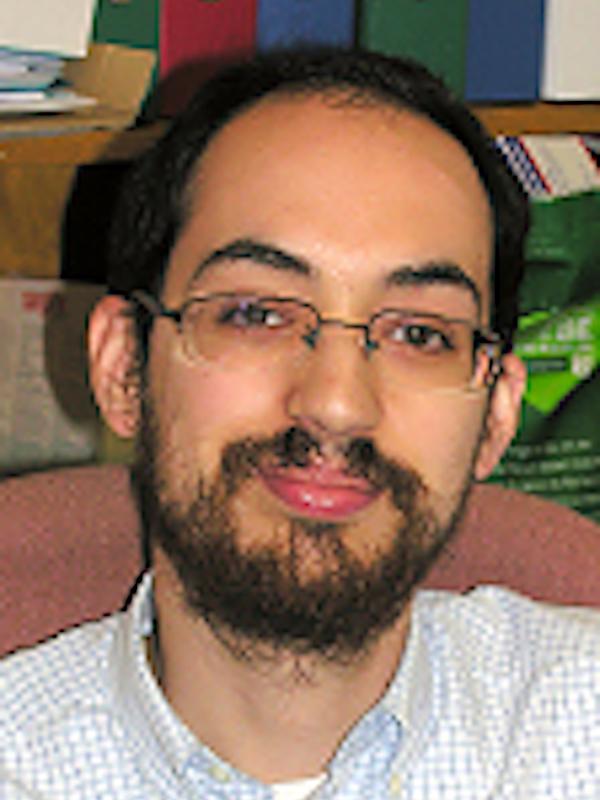Antonio Fernandez Guerrero, PhD, born in 1987, Malaga (Spain) studied theoretical physics in University Complutense of Madrid from 2005 to 2011, in which he ended on the top 10 graduates of his promotion in terms of GPA. After that, in 2011-2012, he successfully completed a Masters on the same university on biomedical physics, with specialization on biophysics, and during the same period, collaborated for about a year with Cajal Blue Brain Project (in Madrid) on the effective connectivity patterns of mild cognitive impairment using MEG. Again, Antonio ended on the top 10 students of his Masters in terms of GPA. After completion of his Masters, Antonio was offered to quickly carry a PhD in computational biology in Complutense university due to his excellent grades, but rejected it due to his preference to fully shift into neuroscience, which he considers to be his greatest scientific passion.
Antonio moved to Zurich (Switzerland) in 2013 to earn his doctoral degree under the supervision of prof. Peter Achermann on the topic of sleep onset transition in humans using EEG, finally transitioning to the neurosciences. He investigated functional and effective patterns and how they could be correlated or tracked with power spectral density changes in the EEG as the sleep onset transition unfolds, both in normal conditions and under sleep deprivation. Antonio also co-wrote a paper on Cosmology during the same period of his PhD in sleep neuroscience, given his background as a theoretical physicist. Antonio also successfully completed the 2 years neuroscience program offered by the University of Zurich.
In 2021, Antonio moved to Cornell university as a postdoctoral student under the supervision of Dr. Ray Razlighi, working with fMRI on which he conducts quantitative analyses. His current focus of interest is the impact of negative BOLD or functional connectivity on executive functions of the brain or cognitive reserve, and how it can be compared between different populations (e.g., young versus old populations). Overall, Antonio has worked with EEG, MEG and fMRI during different periods of his career, therefore, having a broad experience of the most common techniques available on the neurosciences.


